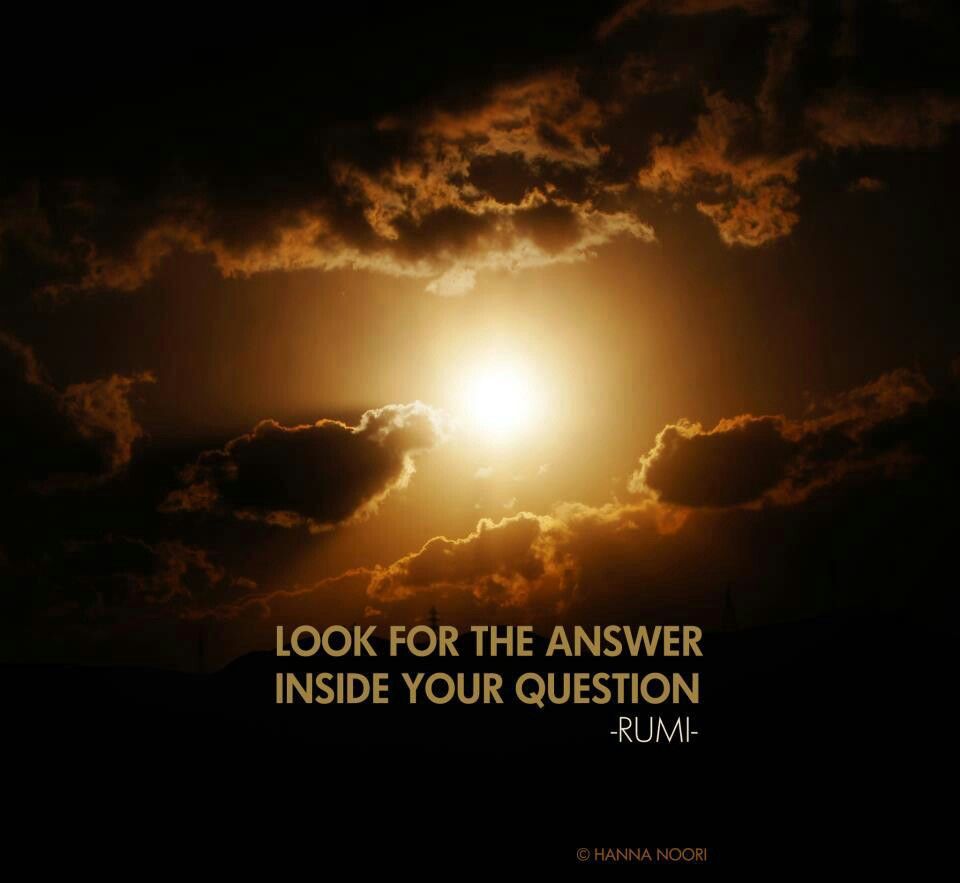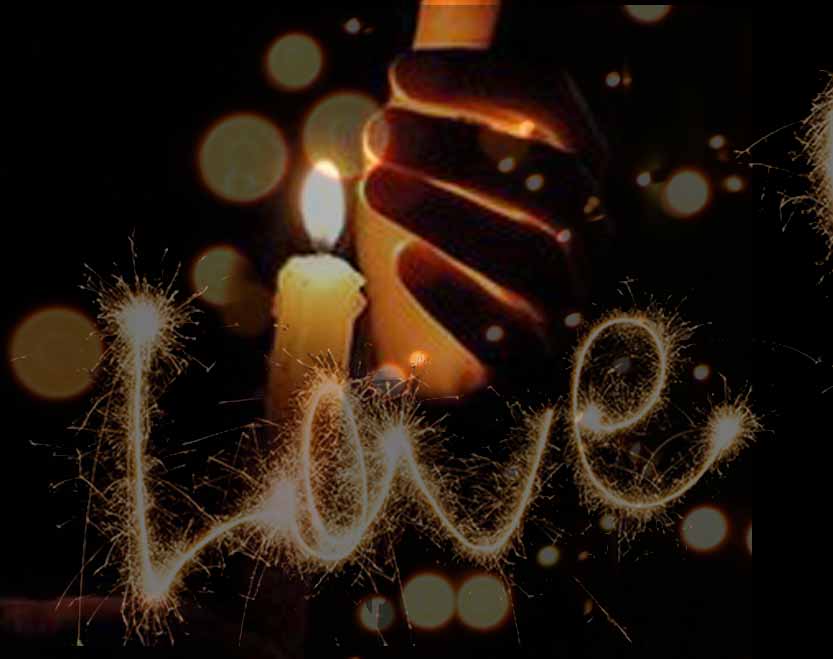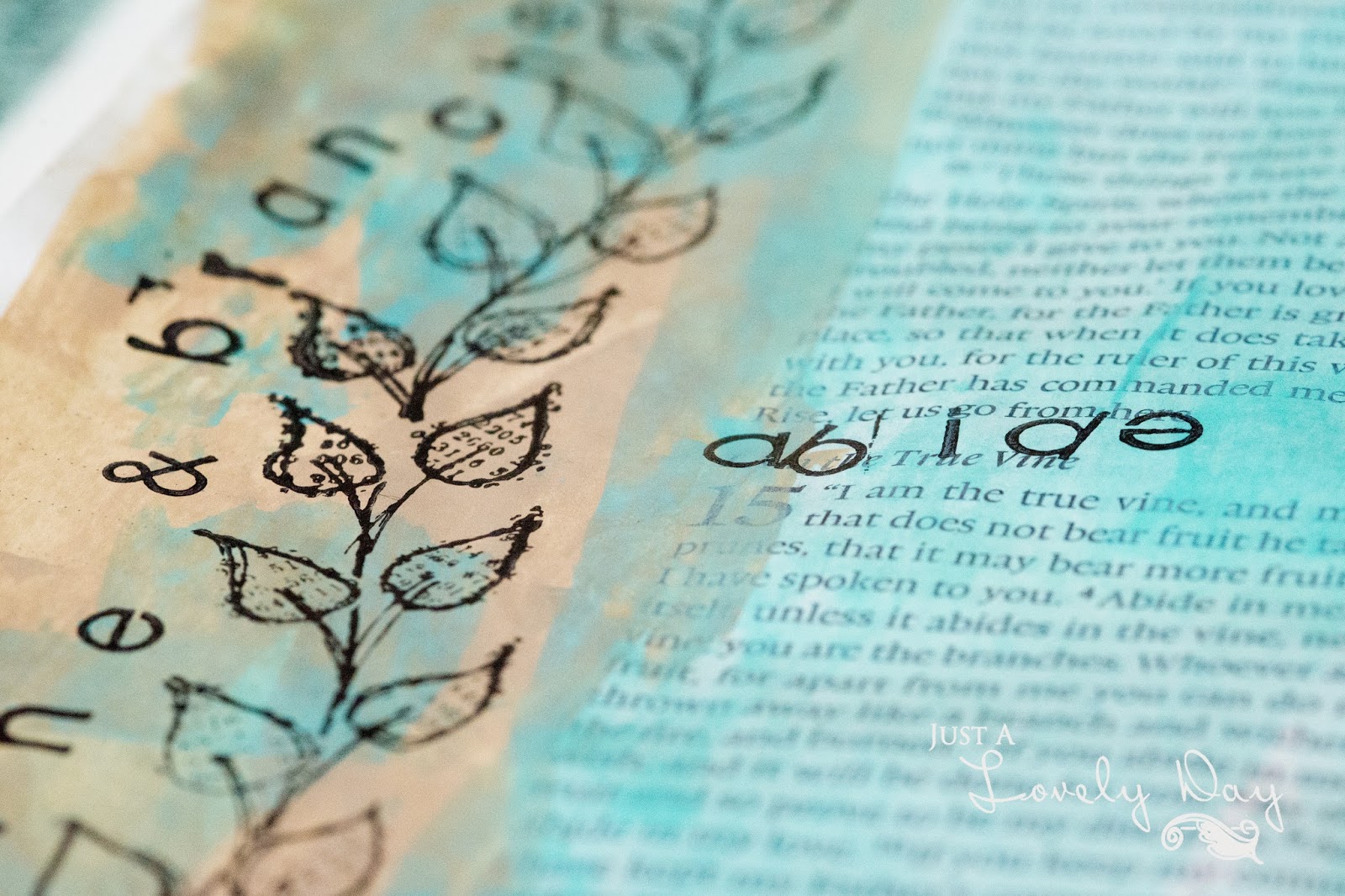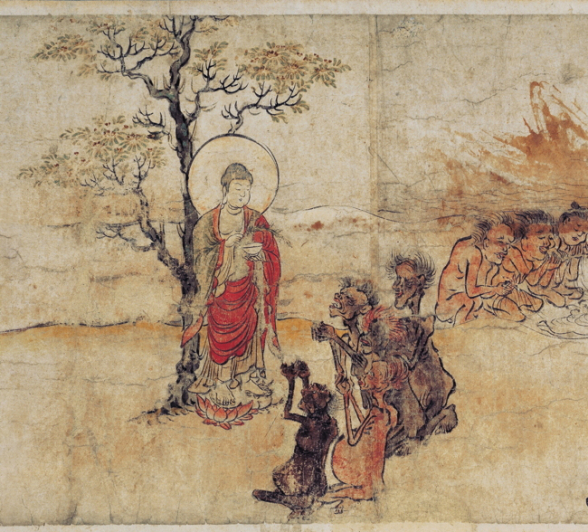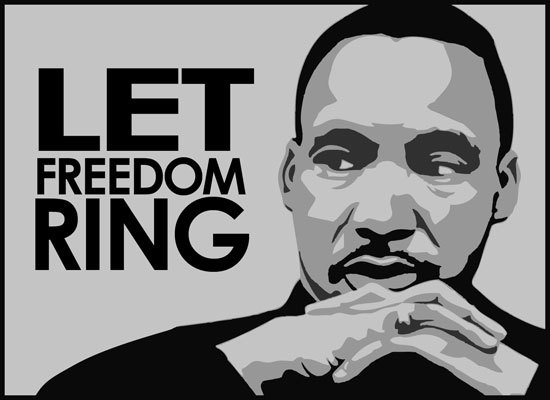Reflections on being curious and asking questions … the experience of the holy season of Lent.
In the holy season of Lent, we are called to the spiritual discipline of preparation. Some part of this is the practice of curiosity and questioning. Entering Lent is wandering into the metaphorical ‘wilderness’ … where everything is primal and makes a difference and you’re likely to be at risk and to get lost … […]

